Unpaid cheques: how to proceed?
Please note unpaid several weeks after it has been deposited..
Dans la majorité des cas, votre banque crédite votre compte avant de vérifier si le compte est bien provisionné.
Ainsi, le fait de constater le montant du chèque crédité sur votre compte ne garantit pas sa validité définitive.
If the cheque is not accepted, the amount will be debited from your account. What to do if you receive an unpaid cheque? Here are the steps and procedures for recovering your outstanding balance.
Reporting an unpaid cheque
When a cheque is returned unpaid, your bank debits your account for the amount of the cheque, then returns the cheque to you.
It will also send you a certificate of non-payment or a notice of rejection.
Unfortunately, even today, your debtor won’t necessarily be the only one penalized for an unpaid cheque.
Les conséquences d’un chèque impayé vous affecteront directement d’un point de vue financier, mais aussi administratif.
From a financial point of view, if you’ve already started to spend the money from the check, the bank’s subsequent debiting of the check amount can put you overdrawn.
You may then be charged overdraft fees.
From an administrative point of view, it’s up to you to contact the issuer of the check to define and agree on how to regularize the situation.
This is the out-of-court phase of cheque collection.
Elle nécessite que votre débiteur soit de bonne foi, mais aussi qu’il soit enclin à payer la somme due dans les plus brefs délais.
How can I obtain payment for a dishonored check?
For force your debtor to pay to you, it may be necessary to initiate more complex procedures.
Please note: for amounts under €15, once the 30-day period has elapsed, your debtor’s bank must pay you the outstanding amount.
Obtain a certificate of non-payment
If your discussions with your debtor are unsuccessful, you must obtain a certificate of non-payment from your bank, this procedure is completely free of charge.
You can therefore request by mail if your cheque is still unpaid 30 days after rejection.
Alternatively, you can trigger the automatic dispatch of the certificate.
To do this, you need to present the unpaid cheque to the bank within the 30-day period.
If the cheque is rejected again, the bank will issue you with a no-fee certificate of non-payment.
This document is an official statement that the check has not been paid, and gives you the right to take legal action against your debtor.
Order payment of the amount due
With the certificate, you can notify your debtor by bailiff and order him to pay his debt within 15 days.
Cette notification vaut « commandement de payer », vous entrez alors en phase de judicial recovery.
Last resort: the executory clause
In the event of non-payment after the 15-day period, you can ask a bailiff to apply the enforcement formula of the certificate of non-payment.
Il pourra alors engager toutes les procédures nécessaires au recouvrement du chèque impayé.
Why use a collection company for your unpaid cheques?
Many customers still prefer to pay by cheque.
In-store, this payment method offers the possibility of paying in instalments, for example, or deferring a payment, or paying a large amount with no upper limit.
Unfortunately, the upsurge in fraud and bounced checks has made merchants more wary of this type of payment.
Kreancia offers you a collection service for unpaid cheques to free you from these constraints and recover what you’re owed.
Thanks to our expertise and in-house resources, we can quickly deposit your unpaid cheques and obtain a certificate of non-payment.
Once we’ve obtained the title, we take care of the rest. debt collection through our network of bailiffs. Calling on a company specializing in the collection of unpaid cheques means you can reduce your collection management costs: you no longer have to deal with requests in-house, as experts take care of them for you, and your employees can free up their time for higher value-added tasks.
